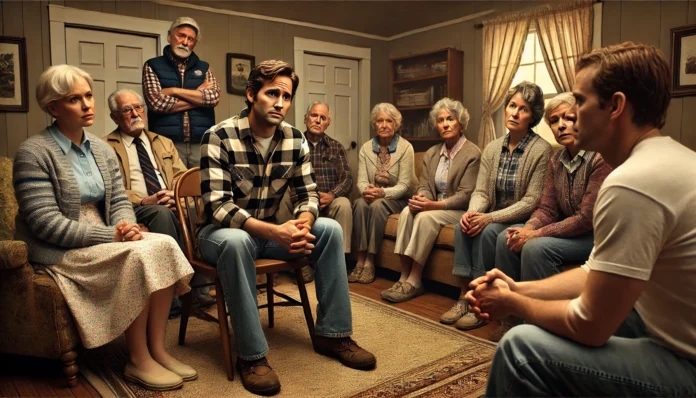Introduction
Coming out as an Atheist can be a significant and sometimes challenging step, especially for those living in religious families or communities. Embracing Atheism is a personal journey, and sharing your beliefs with others should be done thoughtfully and safely. This guide offers practical tips and resources to help you navigate the process.
Assessing Your Situation and Safety
Your safety comes first. Before coming out as an Atheist, carefully consider your environment. In some communities, revealing your Atheism can lead to social isolation, loss of support, or even homelessness. Ask yourself:
- Is it safe to share my beliefs with my family or community?
- Could coming out put my housing, education, or well-being at risk?
- Do I have a support system in place if things go poorly?
If you have any doubts about your safety, remember that you are not obligated to come out until you feel secure. Organizations like Recovering from Religion offer confidential support and resources.
Preparing for the Conversation
Once you’ve assessed your situation and feel ready, preparation is key. Here are some tips:
- Choose the right time and place: Find a private, calm setting where you can talk without interruptions.
- Plan what you want to say: Consider writing down your thoughts or practicing with a trusted friend or online community.
- Anticipate reactions: Be prepared for a range of responses, from acceptance to disappointment or anger. Remember, their initial reaction may change over time.
- Set boundaries: It’s okay to limit the conversation or walk away if you feel unsafe or overwhelmed.
Finding Atheist Friends and Support
Connecting with other Atheists can make a world of difference. Here’s how to find support:
- Online Communities: Join forums like r/atheism or organizations such as Atheists for Liberty and Recovering from Religion.
- Local Groups: Use Meetup to find Atheist gatherings in your area.
- Student Organizations: If you’re a student, check out the Secular Student Alliance for campus-based support.
- Professional Support: If you need counseling, Secular Therapy Project connects you with non-religious therapists.
Building a network of Atheist friends and allies can provide encouragement, advice, and a sense of belonging.
Embracing your Atheism is a courageous act of self-acceptance. Remember, you are not alone—there is a vibrant, supportive community ready to welcome you as you live authentically and confidently as an Atheist.

